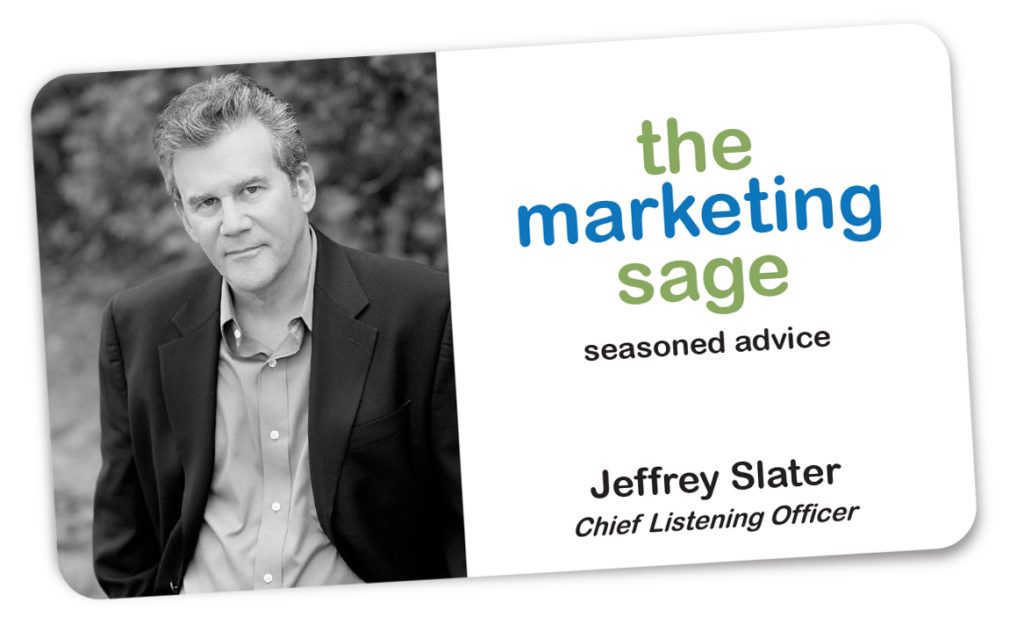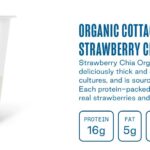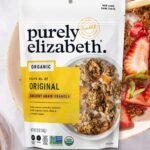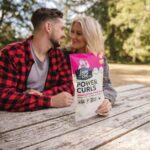Regenerative organic farming is a holistic approach to agriculture that focuses on regenerating the health and fertility of the soil rather than simply producing food and fiber. More and more food brands are starting to emphasize this approach in their marketing.
This farming type uses cover cropping, crop rotation, and livestock integration into the farming system. These practices improve the soil and lead to more resilient crops, reduced erosion, and increased carbon sequestration.
Several companies have been focused on regenerative farming, including:
- Patagonia Provisions uses regenerative farming practices to produce its line of organic foods.
- White Oak Pastures is a Georgia-based farm that raises grass-fed beef and lamb using regenerative methods.
- Dr. Bronner’s is a company that uses regenerative farming practices to produce the organic and fairtrade ingredients used in their soaps and personal care products.
- Nature’s Path – Legend Organic Farm, owned by Nature”s Path founder and chair Arran Stephens, is one of the first to earn the Regenerative Organic Certification® from the Regenerative Organic Alliance (ROA). Their goal is to build a food movement that helps heal the soil, land, water, and air.
- Lotus Foods – Brown and White Basmati is the first rice in the world to achieve Regenerative Organic Certified® (ROC®).
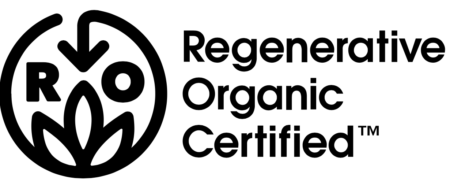
One of the most prominent brands associated with regenerative farming is Patagonia, which has been a leader in promoting regenerative agriculture through its Patagonia Provisions food line and its commitment to using regeneratively-grown cotton in its products.
An Alliance called ROA
The Regenerative Organic Alliance (ROA) is a non-profit organization that promotes regenerative organic agriculture and certifies products that meet its standards. The ROC standard is considered one of the most rigorous and comprehensive certifications for regenerative agriculture. ROA’s certification program is called Regenerative Organic Certification and focuses on several main pillars:
- soil health
- land management
- animal welfare
- social fairness
Consumer Attitudes about Regenerative Farm Products
Consumers’ willingness to pay for foods or products from regenerative farms is increasing. This trend is driven by a growing awareness of such products’ environmental and health benefits and a desire for more sustainable and ethical consumption choices.
Examples of regenerative products that consumers are willing to pay more for include:
Organic produce – Consumers are willing to pay a premium for organic produce, which is often grown using regenerative farming practices that prioritize soil health and biodiversity.
Grass-fed beef – Consumers are willing to pay more for grass-fed beef produced from cows raised on pasture and fed on a grassed diet rather than grains.
Artisanal dairy – Consumers are willing to pay more for artisanal dairy products, such as cheeses and yogurts, from cows raised on regenerative farms. These products are perceived as being of higher quality and more flavorful due to the animals’ better diet and living conditions.
The Consumer’s Reaction
Consumers’ willingness to pay for packaged goods from regenerative farms is growing, but it is not universal. Some consumers are willing to pay a premium for these products due to the perceived benefits of regenerative agriculture, such as improved soil health and reduced use of synthetic inputs.
However, many consumers resist paying higher prices for these products and may opt for cheaper, conventionally grown alternatives. Many food industry professionals think regenerative farming is a decade ahead of consumer education and awareness. But like the dramatic acceptance of organic produce, consumers take time to catch up to where the industry is heading.
An apt comparison is where solar panels were compared to today in the 1970s and 1980s.
What are the Best Marketing Approaches to Growing Interested in Certified Products?
The growth of the market for packaged goods from regenerative farms largely depends on consumer education and awareness of the benefits of these products.
As consumers become more informed about the positive impacts of regenerative agriculture, more will likely be willing to pay a premium for these products. Additionally, as the market for regenerative products expands and competition increases, prices may come down, making these products more accessible to a broader range of consumers.
Five Marketing Strategies To Breakthrough to Consumers
Education and storytelling: Communicate the benefits of regenerative agriculture and how it sets your products apart from conventional alternatives. Share the stories of the farmers and the land, highlighting the positive impact of regenerative practices on the environment, the animals, and the community.
Partnering with influencers and thought leaders: Partner with influencers and thought leaders in the sustainable and regenerative agriculture communities to promote your products and reach a wider audience.
Leveraging social media: Utilize social media platforms such as Instagram and Facebook to reach a younger, more socially-conscious demographic and create a community around your brand and its values.
Hosting events and tastings: Host events and tastings to allow consumers to try your products and learn more about regenerative agriculture. This can be a powerful way to build brand awareness and generate word-of-mouth promotion.
Collaborating with retailers, distributors, and non-competitive farmers: Partner with retailers and distributors that share your values and are committed to promoting regenerative products. This can help you get your products into more stores and reach a wider audience.
By implementing these strategies, a brand can increase awareness and drive the trial of your regenerative farm products, ultimately helping to grow the market for these products and support the growth of regenerative agriculture.
You can set up a time to chat with me about your marketing challenges using my calendar. Email me jeffslater@themarketingsage.com Call me. 919 720 0995. The conversation is free, and we can explore if working together makes sense. Watch a short video about working with me.
Photo by Gabriel Jimenez on Unsplash

